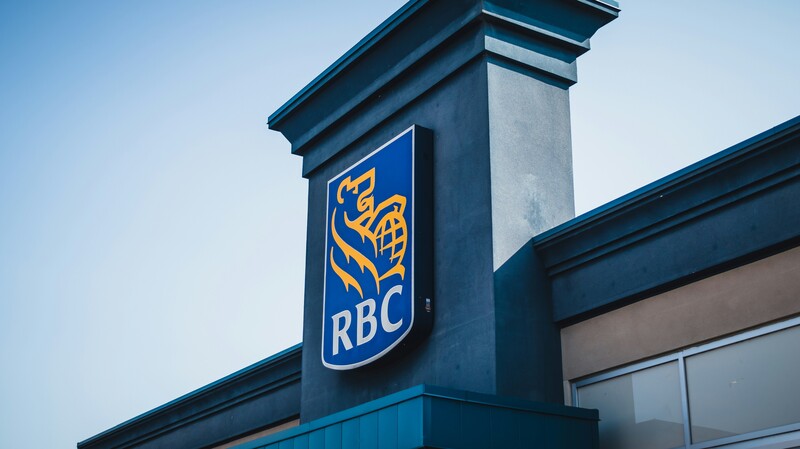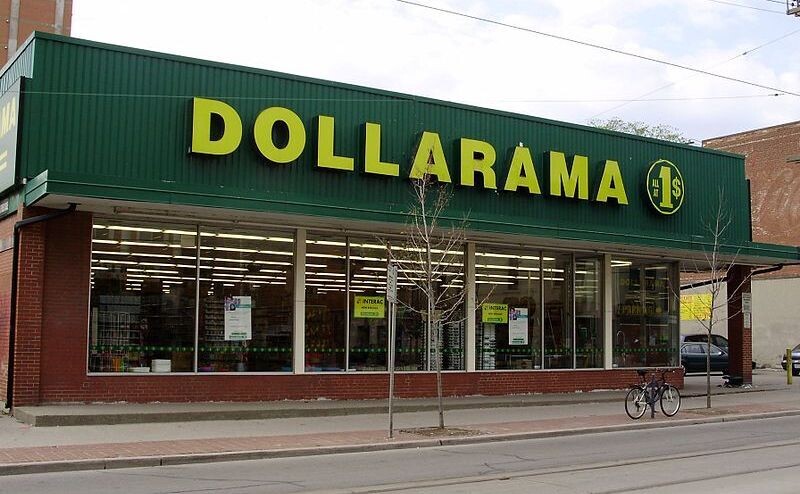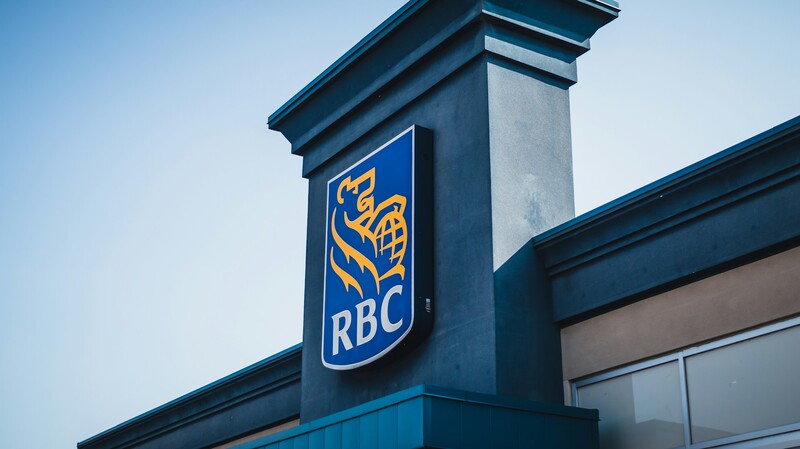The Jays might have a losing record right now, but their stadium is turning into a real winner.
Driving the news: Toronto Blue Jays fans got their first taste of the latest Rogers Centre renos this week. Those seated in the 100-level bowl experienced cushier, wider seats (with cupholders!) and a better view of home plate.

.jpg)
.gif)

.png)

%20(3).jpg)
%20(1).png)

